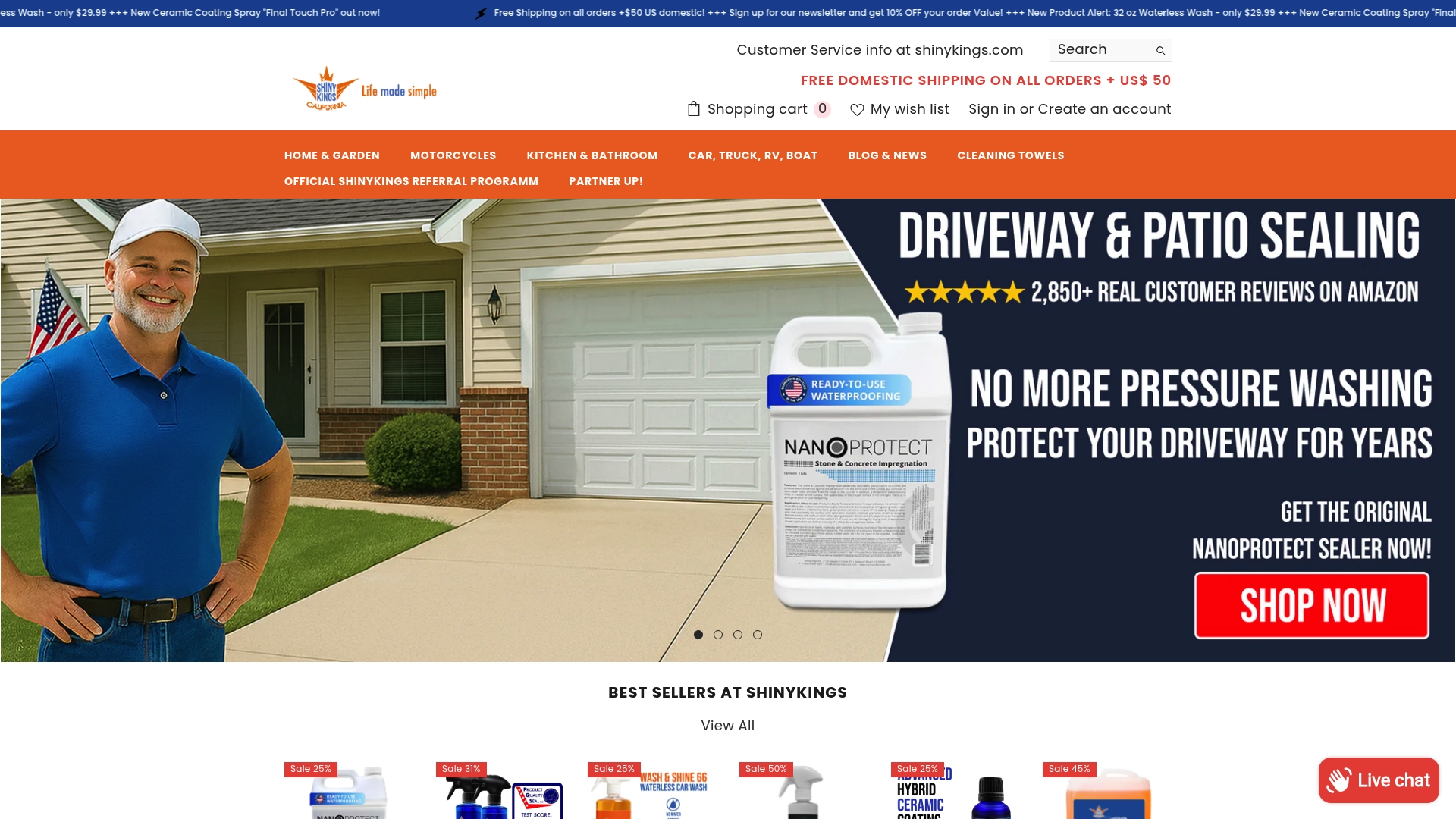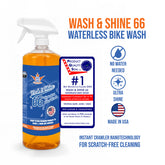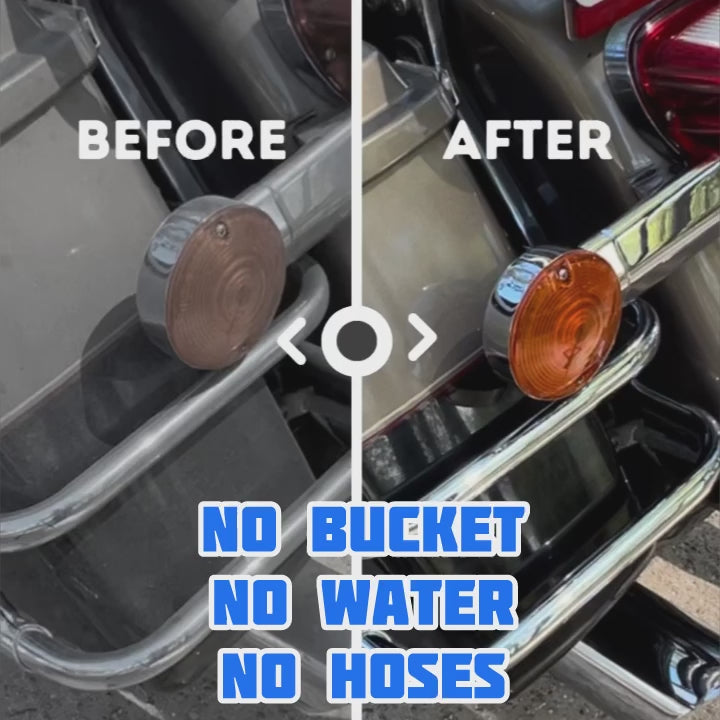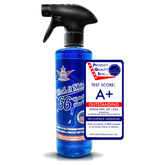What is Solvent Based Sealer? Understanding Its Benefits

Solvent based sealers do more than just create a glossy finish on your concrete or wood. They contain specialized chemical compounds that let them penetrate deeper into surfaces than water based sealers ever could. Most people imagine the shine is just for looks but the real power is in the science. These sealers can actually extend the life of your driveway or patio by up to 300 percent and that hidden durability is what really changes the game for homeowners.
Table of Contents
- Defining Solvent Based Sealers And Their Components
- Importance Of Solvent Based Sealers For Homeowners
- How Solvent Based Sealers Work To Protect Surfaces
- Key Benefits Of Using Solvent Based Sealers
- Common Applications And Best Practices For Users
Quick Summary
| Takeaway | Explanation |
|---|---|
| Solvent based sealers penetrate deeply | They create a strong bond with various porous surfaces, enhancing protection against moisture and damage. |
| Excellent performance in harsh conditions | These sealers outperform water based alternatives, especially in low temperatures and high traffic areas. |
| Economically beneficial for homeowners | By reducing maintenance costs, they can extend surface life significantly, improving property value over time. |
| Enhanced aesthetic appeal | They provide a glossy finish while preserving the original characteristics of treated surfaces. |
| Follow application best practices for effectiveness | Proper preparation, environmental conditions, and tools are essential for achieving optimal sealing results. |
Defining Solvent Based Sealers and Their Components
A solvent based sealer represents a specialized protective coating that uses organic chemical solvents as its primary liquid carrier to deliver protective resins and polymers onto surfaces. These sealers are engineered to penetrate deeply into materials like concrete, wood, and stone, providing comprehensive protection against moisture, stains, and environmental degradation.
Chemical Composition and Core Components
Solvent based sealers typically contain three fundamental components that work synergistically to create an effective protective barrier:
- Resin Base: The primary protective material that forms a durable film or penetrating layer
- Chemical Solvent: Acts as a transportation medium for the resin
- Additives: Enhance performance characteristics like UV resistance or color enhancement
The chemical composition allows these sealers to penetrate deeper into porous surfaces compared to water based alternatives.
Below is a table outlining the main components of solvent based sealers and their functions, giving readers a snapshot of how these ingredients work together for optimal protection.
| Component | Function |
|---|---|
| Resin Base | Forms the durable protective layer or film on the surface |
| Chemical Solvent | Acts as a carrier to deliver resin deep into pores, then evaporates |
| Additives | Enhance properties like UV resistance or color enhancement |
 When applied, the solvent quickly evaporates, leaving behind a robust protective layer that bonds intimately with the substrate material.
When applied, the solvent quickly evaporates, leaving behind a robust protective layer that bonds intimately with the substrate material.
Performance Characteristics and Application Dynamics
Unlike water based sealers, solvent based formulations offer superior performance in challenging environmental conditions. Learn more about sealant fundamentals to understand their comprehensive protective capabilities.
Key performance attributes include:
- Exceptional moisture resistance
- Enhanced chemical durability
- Superior penetration into microporous surfaces
- Longer lasting protective barriers
- Effective sealing in lower temperature environments
Professional applicators prefer solvent based sealers for projects requiring maximum protection and longevity, particularly in industrial, commercial, and high traffic areas where material integrity is critical.
To help readers quickly compare solvent based versus water based sealers, the table below summarizes the main differences between these two categories as outlined in the article.
| Feature | Solvent Based Sealers | Water Based Sealers |
|---|---|---|
| Penetration Depth | Deep (micropores and substrate bonding) | More surface-level |
| Carrier Medium | Organic solvents | Water |
| Performance in Harsh Conditions | Superior (works in low temps, high traffic) | May be less effective |
| Finish Appearance | Glossy, enhances color and depth | More natural look |
| Application & Curing | Fast evaporation, strong odor | Slower drying, mild odor |
| Durability/Lifespan | Up to 300% longer protection | Generally shorter |
| Typical Use | Industrial, commercial, heavy residential | Light to moderate use |
Importance of Solvent Based Sealers for Homeowners
Solvent based sealers offer homeowners a critical defense mechanism for protecting valuable surfaces against environmental damage, wear, and deterioration. These specialized protective coatings provide comprehensive solutions for various residential applications, ensuring long term material preservation and aesthetic maintenance.
Surface Protection and Longevity
Homeowners face continuous challenges from moisture, UV radiation, chemical exposure, and mechanical stress that can compromise surface integrity. Solvent based sealers create an invisible yet robust protective barrier that mitigates these potential damages across multiple surfaces such as:
- Concrete driveways and walkways
- Wooden decks and exterior structures
- Natural stone patios and landscaping features
- Garage floors and interior concrete surfaces
Explore the best concrete sealing techniques to understand how professional grade sealers can transform your property’s durability.
Economic and Aesthetic Benefits
Beyond immediate protection, solvent based sealers deliver significant economic advantages for homeowners. By preventing surface degradation, these sealers reduce long term maintenance and replacement costs. According to industrial coating research, professionally applied sealers can extend surface life by up to 300%, representing a substantial investment in property maintenance.
Key economic advantages include:
- Reduced repair and replacement expenses
- Enhanced property aesthetic appeal
- Increased surface resistance to staining
- Minimized long term structural deterioration
- Preservation of original surface characteristics
For homeowners seeking comprehensive surface protection, solvent based sealers represent a strategic investment in maintaining property value and structural integrity across residential environments.
The following table summarizes the primary benefits of using solvent based sealers for homeowners, combining both economic and aesthetic advantages described in the article.
| Benefit | Explanation |
|---|---|
| Reduced Maintenance & Replacement Cost | Extends surface life, lowers frequency of repairs/upgrades |
| Enhanced Property Aesthetics | Provides glossy, enriched finish that boosts curb appeal |
| Increased Stain & Damage Resistance | Protects against moisture, chemicals, and harsh environments |
| Preserves Surface Characteristics | Maintains original look and texture of treated materials |
| Maintains Property Value | Long-lasting protection helps sustain/improve home value |

How Solvent Based Sealers Work to Protect Surfaces
Solvent based sealers operate through a sophisticated molecular mechanism that transforms surface protection at a microscopic level. By leveraging advanced chemical interactions, these specialized coatings create a comprehensive defensive barrier that penetrates and shields surfaces from environmental threats.
Penetration and Molecular Bonding Process
The protective mechanism begins with the solvent acting as a carrier agent for protective resins. When applied, the liquid solvent penetrates deep into surface micropores, transporting dissolved polymers and protective compounds. As the solvent rapidly evaporates, it leaves behind a tightly bonded protective layer that integrates directly with the substrate material.
Here is a table summarizing the key stages of how solvent based sealers protect surfaces on a molecular level, clarifying the science for readers.
| Stage | Description |
|---|---|
| Deep Penetration | Solvent and resins penetrate into surface micropores |
| Polymer Dissolution | Protective polymers dissolve and spread within substrate |
| Solvent Evaporation | Solvent quickly evaporates, leaving protective materials behind |
| Resin Film Formation / Bonding | Resins form a strong, bonded film with the substrate |
Key molecular interaction stages include:
- Initial deep penetration into surface micropores
- Dissolution of protective polymers
- Solvent evaporation
- Resin film formation and substrate bonding
Discover advanced polymer sealing techniques to understand the intricate science behind surface protection.
Protective Mechanism and Environmental Resistance
According to the National Park Service, solvent based sealers create a robust protective film that dramatically reduces surface vulnerability. This molecular shield provides multifaceted defense against various environmental challenges:
- Moisture penetration prevention
- UV radiation resistance
- Chemical exposure mitigation
- Mechanical stress absorption
- Temperature fluctuation protection
The unique chemistry of solvent based sealers enables them to form a continuous, seamless protective membrane that adapts to surface expansion and contraction, ensuring long term durability and maintaining the integrity of treated materials.
Key Benefits of Using Solvent Based Sealers
Solvent based sealers deliver exceptional performance across various surfaces, providing homeowners and professionals with a robust solution for surface protection and enhancement. These specialized coatings offer a comprehensive range of advantages that extend far beyond basic surface coverage.
Performance and Durability Advantages
Solvent based sealers excel in creating long lasting protective barriers that withstand harsh environmental conditions. Their unique molecular composition enables superior penetration and bonding with different substrate materials, ensuring maximum protection and minimal surface degradation.
Key performance characteristics include:
- Exceptional resistance to moisture infiltration
- Enhanced chemical and stain protection
- Superior adhesion to multiple surface types
- Ability to function in lower temperature ranges
- Longer service life compared to alternative sealers
Explore concrete sealing techniques to understand the comprehensive protection these sealers provide.
Aesthetic and Functional Enhancements
According to the American Coatings Association, solvent based sealers offer a distinctive aesthetic advantage by creating a glossy, wet-look finish that enhances the visual appeal of treated surfaces. This aesthetic improvement goes hand in hand with functional benefits:
- Enriched surface color and depth
- Improved surface reflectivity
- Uniform protective coating
- Enhanced surface smoothness
- Preservation of original material characteristics
By combining functional protection with aesthetic enhancement, solvent based sealers represent a sophisticated solution for maintaining and beautifying various residential and commercial surfaces.
Common Applications and Best Practices for Users
Solvent based sealers are versatile protective solutions applicable across numerous residential, commercial, and industrial environments. Understanding their appropriate usage and application techniques ensures optimal performance and long term surface protection.
Surface Applications and Recommended Uses
Solvent based sealers demonstrate exceptional adaptability across various material types and environmental conditions. Their comprehensive protective capabilities make them suitable for multiple surface treatments:
- Concrete driveways and garage floors
- Exterior and interior stone surfaces
- Wooden decks and outdoor structures
- Masonry walls and architectural elements
- Decorative pavers and landscape features
Explore advanced sealing techniques to understand precise application methods for different surfaces.
Application Best Practices and Considerations
According to industry research from the Masonry and Hardscapes Association, successful solvent based sealer application requires careful preparation and execution. Professional grade results depend on several critical factors:
- Thorough surface cleaning and preparation
- Appropriate environmental temperature conditions
- Use of high quality application tools
- Proper dilution and mixing ratios
- Consistent and even application techniques
- Adequate curing and drying time
Users should always wear appropriate personal protective equipment, ensure proper ventilation, and follow manufacturer guidelines to achieve optimal sealing results. Careful attention to application details directly impacts the sealer’s performance, durability, and protective capabilities.
For easy reference, the following table highlights best practices for solvent based sealer application, as detailed in the article, to help users maximize protection and results.
| Best Practice | Purpose/Importance |
|---|---|
| Thorough Cleaning & Preparation | Ensures optimal adhesion and penetration |
| Correct Temperature Conditions | Promotes proper curing and effective binding |
| Use of High Quality Tools | Achieves even and consistent application |
| Proper Mixing/Dilution Ratios | Maintains sealer effectiveness and coverage |
| Even Application Techniques | Reduces streaks, blotches, and promotes uniform protection |
| Adequate Curing/Drying Time | Allows the protective film to set and bond fully |
Protect What Matters Most With World-Class Solvent Based Sealers
Are you tired of seeing your driveway, wooden deck, or natural stone patio lose their beauty and strength so quickly? The article explains how moisture, stains and daily wear can undermine your most valuable surfaces, but solvent based sealers give you a dependable way to lock out damage and extend the life of your investment. Deep penetration, long-lasting barriers and a noticeable boost in appearance are just some of the benefits you can expect. Nothing beats the peace of mind that comes with true, professional-grade protection.

Choose a leader that goes beyond ordinary sealants. At Shiny Kings, our expert-developed concrete and wood sealers, coatings, and cleaners use the most advanced chemistry to deliver deep defense and a beautiful finish to any surface. If you are ready for your surfaces to stand the test of weather and time, visit our home page now and discover our range of world-unique sealants and coatings. Want to learn more about how our products defend against everyday challenges? Explore our details on what makes a sealant work. Now is the best moment to secure the strength and look of your property.
Frequently Asked Questions
What is a solvent based sealer?
A solvent based sealer is a protective coating that uses organic chemical solvents as its primary liquid carrier, delivering protective resins and polymers to surfaces like concrete, wood, and stone for moisture, stain, and environmental degradation protection.
How does a solvent based sealer work?
Solvent based sealers work by using a solvent to penetrate surface micropores, carrying resins and polymers deep into the material. As the solvent evaporates, it leaves behind a resilient protective layer that bonds with the substrate, providing long-lasting protection.
What are the advantages of using solvent based sealers over water based alternatives?
Solvent based sealers offer superior moisture resistance, chemical durability, and deeper penetration into surfaces. They are particularly effective in challenging environmental conditions and can create longer-lasting protective barriers compared to water based sealers.
Can solvent based sealers be used on multiple surface types?
Yes, solvent based sealers are versatile and can be applied to various surfaces, including concrete driveways, wooden decks, natural stone patios, and interior concrete floors, providing comprehensive protection and enhanced aesthetics.




